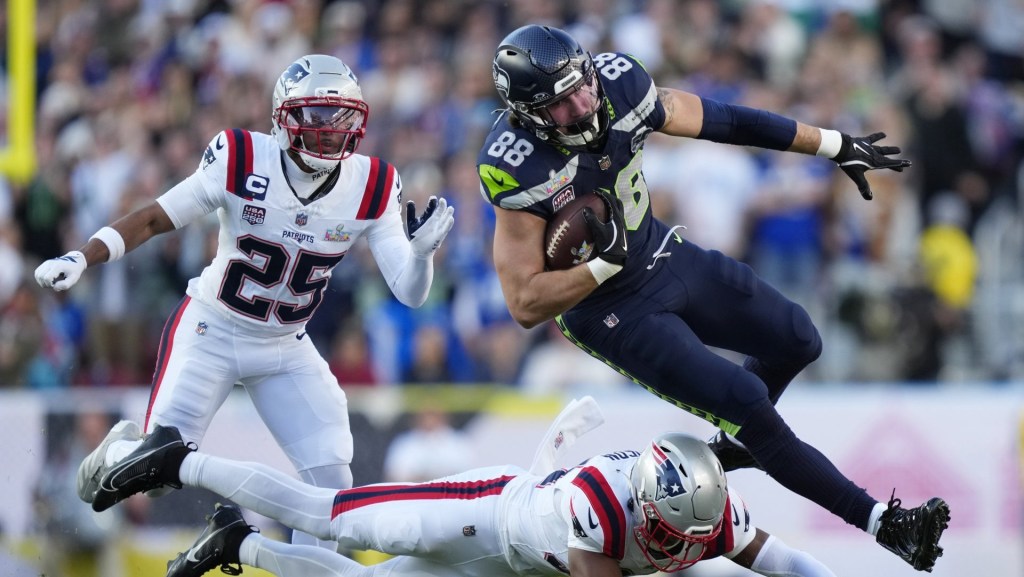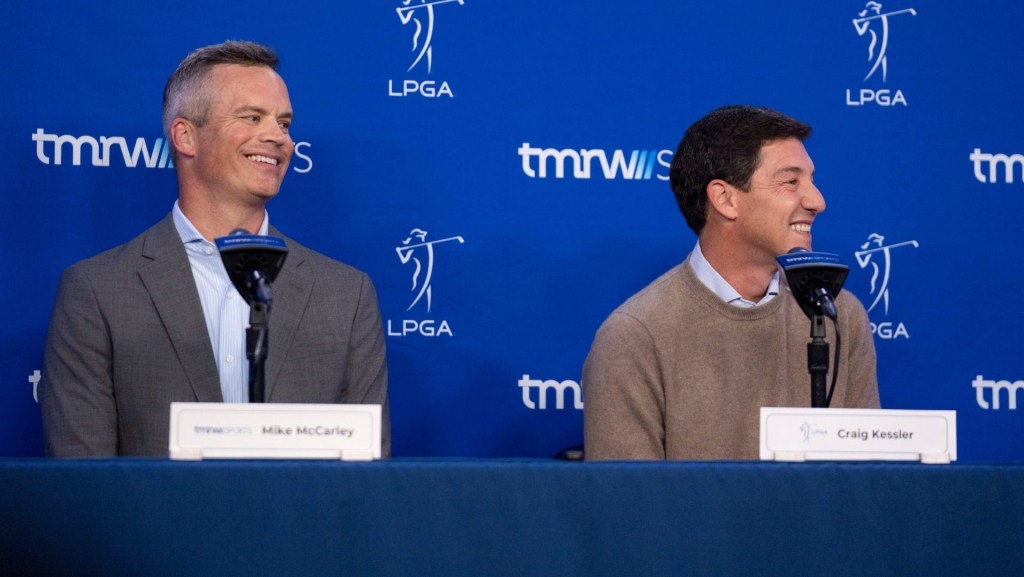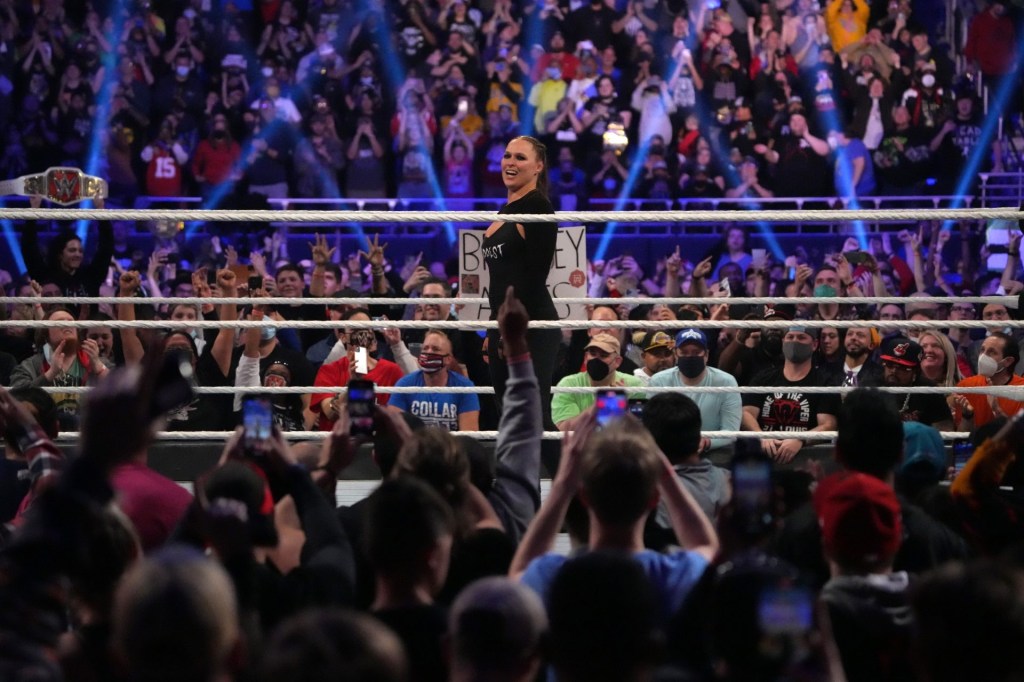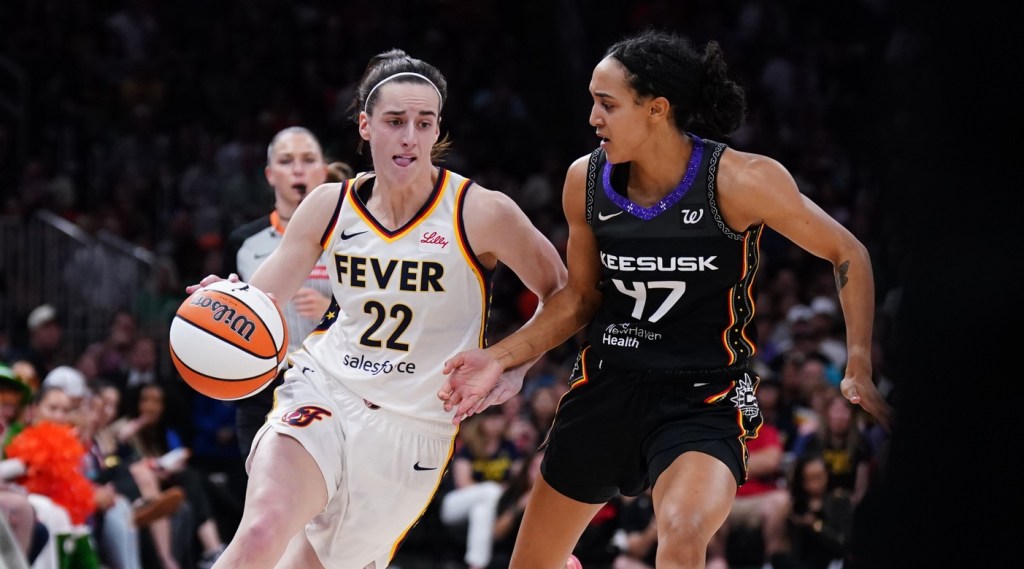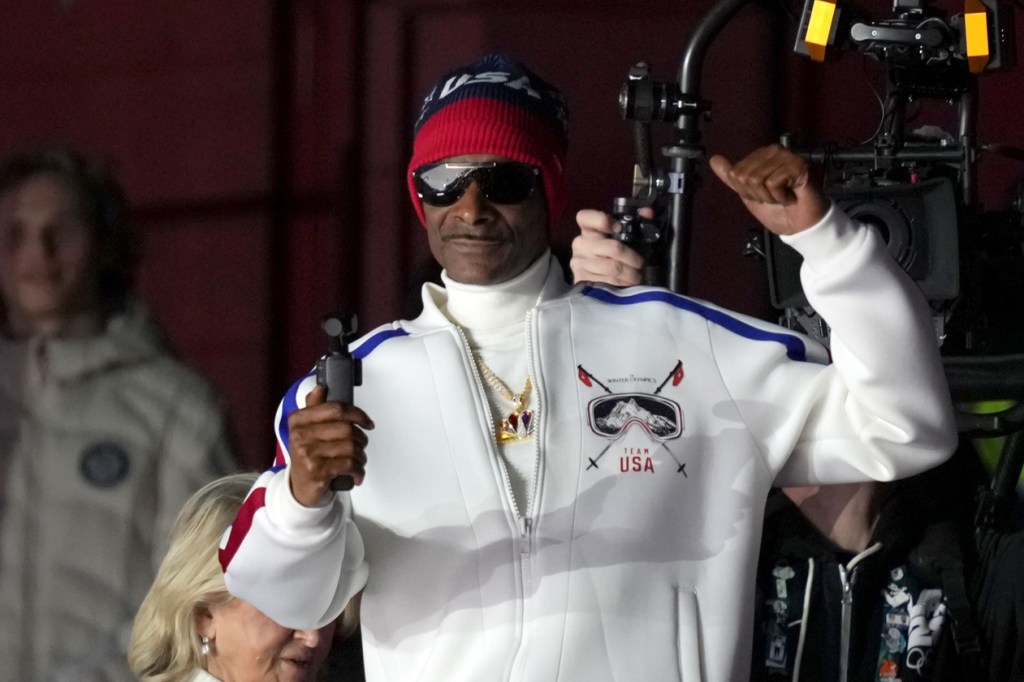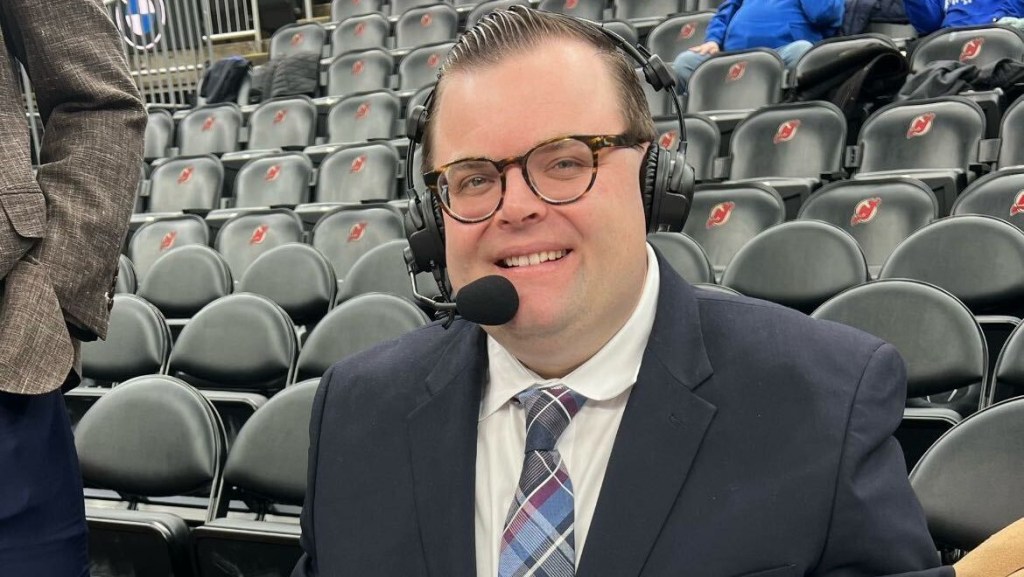
A major topic of conversation at the CES Sports Zone has been in the realm of fan engagement and the future of media.
Several sessions tackled how fans view sporting events, including a Q&A between CNN media correspondent Brian Stelter and Turner President David Levy.
The consumption of sports media continues to evolve, but the general consensus of multiple CES Sports Zone sessions was that television is not going away.
“Other than news, sports is the last genre of appointment television,” Levy said. “TV is still the largest-reach vehicle and you don’t want to be in a position to lose the next generation of fans.”
A game-changer will be the continuation of the personalization and customization of the viewing experience for a fan. TV will remain, at least for the foreseeable future, to be the main broadcast medium for major sports and events, but that doesn’t mean other mediums won’t be samples.
READ MORE: Competitive Pressures Forcing Industry to Adopt New Technology
More than anything, Levy said the variety of new mediums — even like tech giants Google, Amazon, and Facebook — provide an opportunity for smaller leagues to have their own spot in the limelight like never before. Those technology mediums already have an advertising advantage in the modern consumer world with their abilities to target and track ads. Levy said TV is working on its advertising methods through the “Three A’s.”
One A is audience. TV properties need to build an audience across platforms — he liked to point out TV is more than just the unit on a living-room wall — and deliver metrics. Levy said Nielsen needs to step up quicker in delivering more modern metrics, or it risks being replaced.
The second A is addressability. Fans could be targeted during a game, so different viewers might see an ad for chips, beer or even toothbrushes.
“Digital competitors can do it, but they don’t have the reach of TV,” he said. “That’s needed and needed quick.”
[mc4wp_form id=”8260″]
The third A is attribution, or telling an advertiser that something happened with the ad. Levy said through Turner’s parent company, ATT, it can do that now, knowing if a viewer went online to a website or visited a store based on a phone’s GPS.
Turner will continue to evolve how it presents sports and capitalize on opportunities when they present themselves, Levy said.
A huge opportunity Levy believes will be the B/R Live app, providing a sports destination product on the website with quick and affordable pay-per-view options for a variety of leagues. He hinted at a second edition of “The Match,” which saw 750,000 viewers on the app — at the time three months old — watch Tiger Woods face off against Phil Mickelson. Also while conceding some technical difficulties, he called the sports-viewing experiment a general success.
Perhaps the largest opportunity for sports media will revolve around gambling. Levy said he believes we are less than three years away from major sports-betting content opportunities in traditional mainstream media. Levy said viewers who have money riding on a game are 80 to 90 percent more likely to watch more of an event and be more engaged. With those statements in mind, he said there are four ways a media company can monetize gaming.
READ MORE: Woods and Mickelson See the Future With ‘The Match’
Turner likely will do so in a few of the possible avenues through B/R Gaming, Levy said.
A media company can be a sports book, a route he doesn’t see Turner going. They can develop content for themselves as well as license it to sports-betting properties like MGM and Caesars. They can be a streaming service to help supply a growing demand for sports books as they pop up state-by-state. And media companies can earn through referrals, as they suggest to fans to watch a game and provide an opportunity to bet on it.
“They are new revenue opportunities we didn’t have in the portfolio,” Levy said.
Other revenue opportunities that weren’t a possibility a decade ago have emerged through all the various social media channels. When Turner negotiated the last NCAA Tournament broadcasting rights, there was no line around social media monetization, Levy said.
“We don’t know what the next platform will be,” he said. “You need to own those rights; you can’t partial them out.”
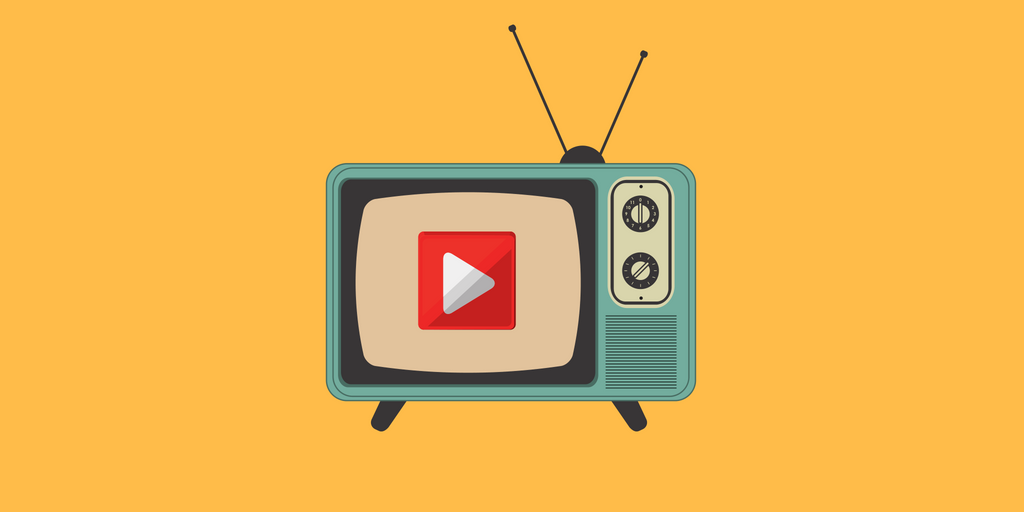
![[Subscription Customers Only] Jul 13, 2025; East Rutherford, New Jersey, USA; Chelsea FC midfielder Cole Palmer (10) celebrates winning the final of the 2025 FIFA Club World Cup at MetLife Stadium](https://frontofficesports.com/wp-content/uploads/2026/02/USATSI_26636703-scaled-e1770932227605.jpg?quality=100&w=1024)


